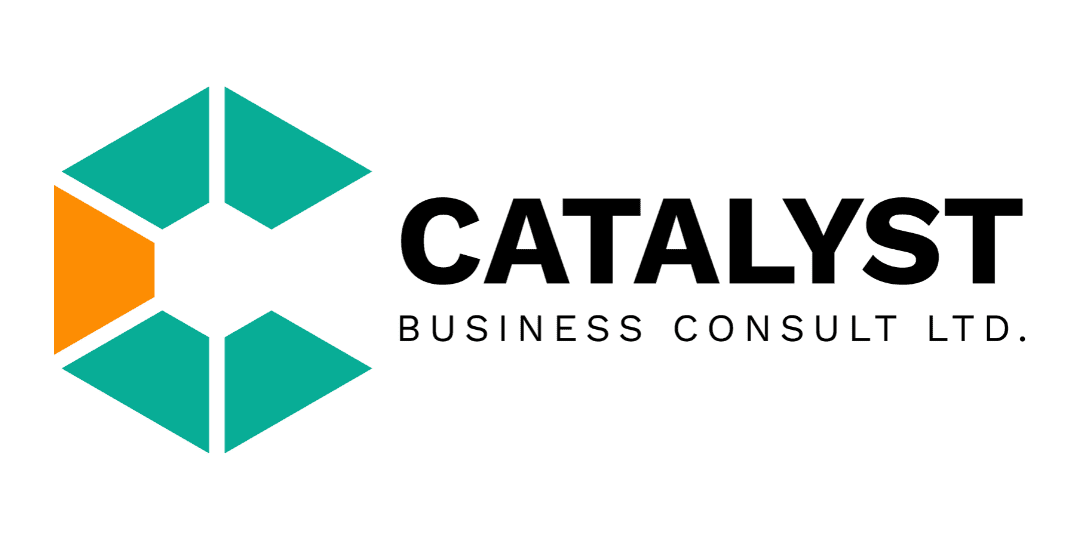According to a 2003 study, more than fifty percent of Nigeria’s gross domestic product is produced by entrepreneurs and small-scale businesses. An entrepreneur is someone who innovates and transforms ideas into economic commodities. However, an overwhelming number of entrepreneurs in Nigeria are unable to sustain themselves in the long run. It is clear that small businesses and entrepreneurial innovation are the engines that build national growth. It is also evident that the causes for the failure of some of these businesses are external. We will be looking at some challenges faced by entrepreneurs and small business owners in Nigeria.
WHAT IS A SMALL BUSINESS?
Different metrics are used to capture the idea of a “small business” as organizations in this category vary in size, number of employees, and income levels. The SBA defines a small business as a privately owned corporation, partnership, or sole proprietorship with fewer employees and less annual revenue than a corporation or regular-sized business. “Small” refers to the ability to apply for government support and to benefit from local or state policies. A small business can range anywhere from a roadside boutique to a privately owned real estate business.
PROBLEMS FACED BY ENTREPRENEURS IN NIGERIA
Small businesses, regardless of size, enrich communities in various ways. They hire members from the community, provide essential services and commodities, contribute to the local economic culture and welfare and impact communal identity. But there are a lot of challenges Nigerian business owners face.
1. Poor Government Infrastructure
Electricity is the most obvious amenity required by most industries to function. Any entrepreneur or business owner in Nigeria is acutely aware that a large chunk of their profits must be directed at self-provided utilities. Standby generators are a must for most businesses. Accessibility is another major challenge. The absence of good roads leads to spoilage of perishable goods, limits the reach of service providers, and leads to increased maintenance and repair fees for transportation equipment. Provision for these primary utilities is a burden most Nigerian entrepreneurs bear.
2. Multiple Taxation
This problem is relevant in a lot of sectors in Nigeria. Entrepreneurs are often taxed left and right, especially when importing valuable equipment. Coupled with systemic corruption, entrepreneurs can be left with scraps after run-ins with tax officials and auditors. There are over 39 taxes in Nigeria today, ranging from local to federal tax and over 500 types of levies.
3. Unfavorable government Policy
In general, Nigerian entrepreneurs have come to terms with the nature of government policies. However, the instability that these policies cause can be a deterrent for the growth of businesses. New administrations may announce changes to policy that adversely affect the profitability of business owners. Also, the processes involved in getting permits, carrying out registrations, and obtaining licenses can be needlessly tedious due to protocols in place or corruption.
4. Lack of access to credit facilities
Nigerian entrepreneurs know all too well the difficulty associated with financing their innovations and ideas. High bank interest rates and other factors can hinder the development of start-ups. Many businesses fold up due to a lack of capital. Therefore, business owners need to make detailed capital financing plans to succeed.
5. Logistics
A less talked about issue facing business owners is Logistics. Outside of fairly developed metropolitans like Lagos, Abuja, etc., it can be hard and expensive to secure the necessary links in a business’ supply chain due to various factors. Other logistical problems like access to storage or warehousing facilities have to be carefully considered by entrepreneurs. Entrepreneurs usually have to engage the services of reliable logistics solution providers (like KJDS) to make ends meet.
6. Skill Acquisition
To be competitive in any field, competence is required. The process of acquiring relevant skills and not just a degree can be a hassle to deal with. For example, acquiring engineering certifications, culinary or vocational skills can be time-consuming and expensive.
The Silver Lining
Despite these challenges, many have found success. The constant advance of technology has created avenues to alleviate the effects of some of these challenges. Nigerians are nothing if not resilient and resourceful. We are constantly innovating ways to improve and update our current system. Experienced entrepreneurs create mentorship programs (e.g., C.M.P, Eden Nigeria, etc.) and road maps to help their fellow countrymen sail these rough waters and make it ashore. These programs contain knowledge and experience gained by forerunners in the industry.
Armed with knowledge, skills, and tools, the future of entrepreneurs in Nigeria is certainly bright.
To find out more about Catalyst Mentorship Program(C.M.P), click here
or call +234 816 272 6997

